African religion is ancestor worship; that is, funeral preparations, burial of the dead with ceremony and pomp, belief in eternal existence of souls of the dead as ancestors, periodic remembrance of ancestors, and belief that they influence the affairs of their living descendants. Whether called Akw?sidai, Homowo, Voodoo, Nyant?r (Aboakyir), CandomblZ, or Santeria in Africa or the African Diaspora, ancestor worship centers on the ancestors and deities. This makes it a tenably viable religion, because living descendants are genetically linked to their ancestors. The author, a traditional king and professor, studies the Akan in Ghana to demonstrate that ancestor worship is as pragmatic, systematic, theological, teleological, soteriological - with a highly trained clerical body and elders as mediators - and symbolic as any other religion in the world. Ancestor worship follows prescribed rites and rituals, formulas, precepts for ritual efficacy, and festivities of honor with music and dances to provoke ancestors and deities into joining in the celebration.
Industry Reviews
Anthony Ephirim-Donkor's African Religion Defined is a masterfully written and insightful study of African religious experience. He offers a richly detailed examination of Akan cosmology and practices laced with engaging personal accounts. The book represents a major contribution to the field of Akan studies and to discussions about the nature and meaning of African religion....The work will be useful in both undergraduate and graduate school courses and will challenge students and scholars to reexamine categories and assumptions about African religions. -- Samuel I. Britt, Gordon Poteat Professor of Asian Studies and Religion, Furman University, South Carolina
Challenging the nation in some quarters that equate African religions with animism, Ephirim-Donkor examines the religious and cultural practices of the Akan...and argues that ancestor worship as practiced by the people is quite similar to other world religions. Influenced by the works of Clifford Geertz and Wallis Budge, Ephirim-Donkor maintains that the souls of the Akan dead are symbolically housed in the ancestors' stool, the very seat and embodiment of temporal and spiritual power among the Akan....This exciting volume, which includes three new chapters, is a must have for those interested in African religions. -- Baffour K. Takyi, professor of sociology, the University of Akron, Ohio

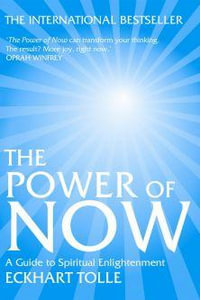
![NRSV Catholic Bible Gift Edition [White] : Holy Bible - Thomas Nelson](https://www.booktopia.com.au/covers/200/9780785230380/2211/nrsv-catholic-bible-gift-edition-white-.jpg)



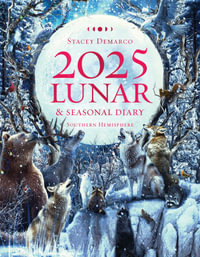
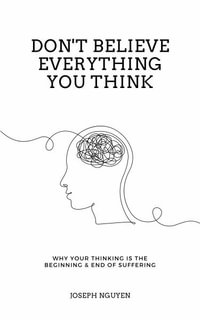


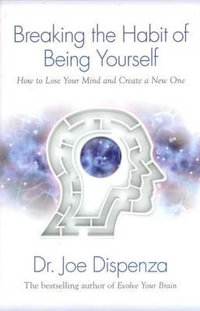
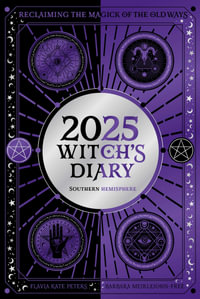

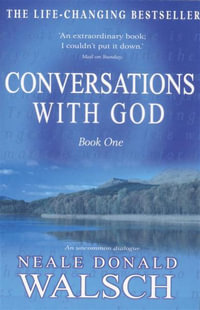
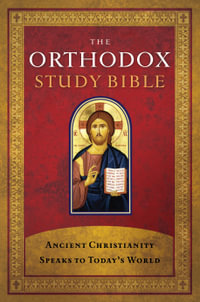

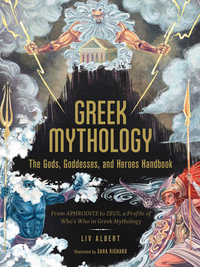







![When Things Fall Apart : Heart Advice For Difficult Times [Thorsons Classics edition] - Pema Chodron](https://www.booktopia.com.au/covers/200/9780007183517/5907/when-things-fall-apart.jpg)